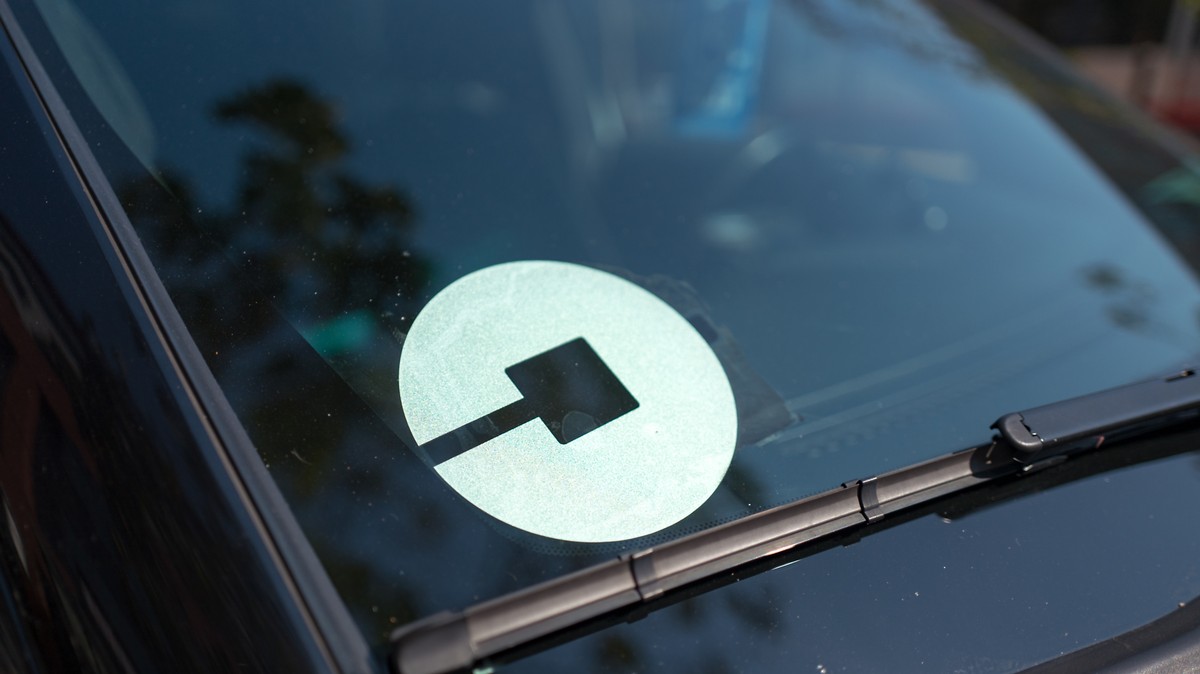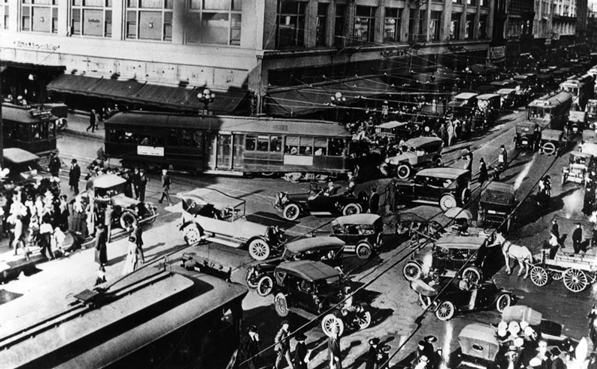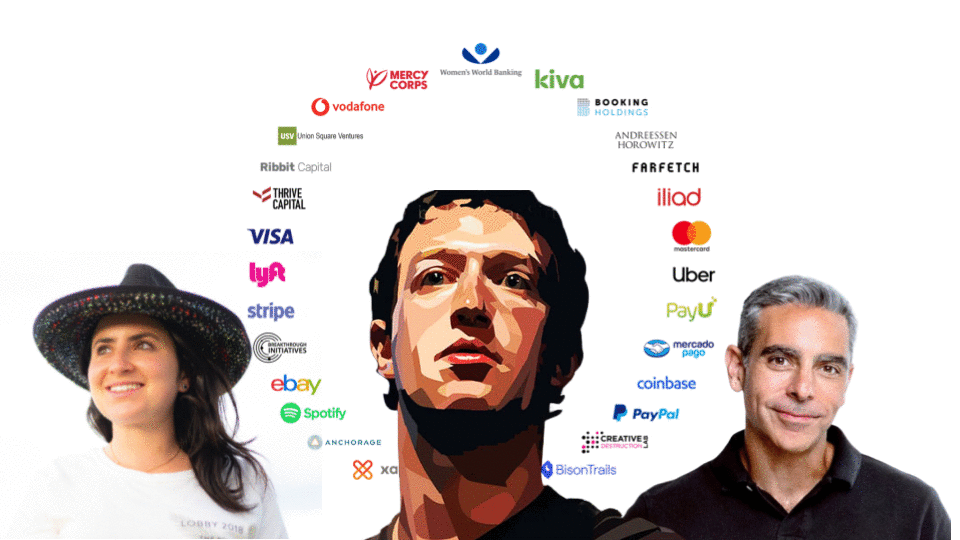
Uber Became Big By Ignoring Laws (and it Plans to Keep Doing That)
Table of Contents

Uber’s ascent to the largest rideshare company in the world was fueled by a recurring cycle in which it blatantly ignored state and local laws, became entrenched and widely used in a community, and then tried to use its largesse to change the laws it was breaking. Failing that, the company simply paid slap-on-the-wrist fines and continued as normal or petulantly left cities rather than comply with laws designed to regulate it. That Uber regularly broke laws to cement its frontrunner status is not a controversial statement, it’s a fact.
The state of Pennsylvania, for example, fined Uber $11.4 million in 2016 for operating in the state without permission. Emails obtained by Motherboard showed that Uber then deputized the mayor of Pittsburgh, where it was seeking to start a driverless car program, to lobby the state to reduce its fine (an Uber lobbyist said it was willing to pay $250,000). In a 2016 paper called “Disrupting Democracy: How Uber Deploys Corporate Power to Overwhelm and Undermine Local Government” researcher Rick Claypool documents how Uber overran or ignored regulations in nine cities around the country and then later changed the laws with its high-powered lobbyists: Mike Isaac’s new book, Super Pumped, serves as the definitive account of Uber’s “guerilla tactics” meant to facilitate grow at all costs.
Often, those costs meant enthusiastically breaking the law, engaging in rampant corruption overseas, and resulted in sexual assaults, injuries, deaths, and suicides.
Source: vice.com


